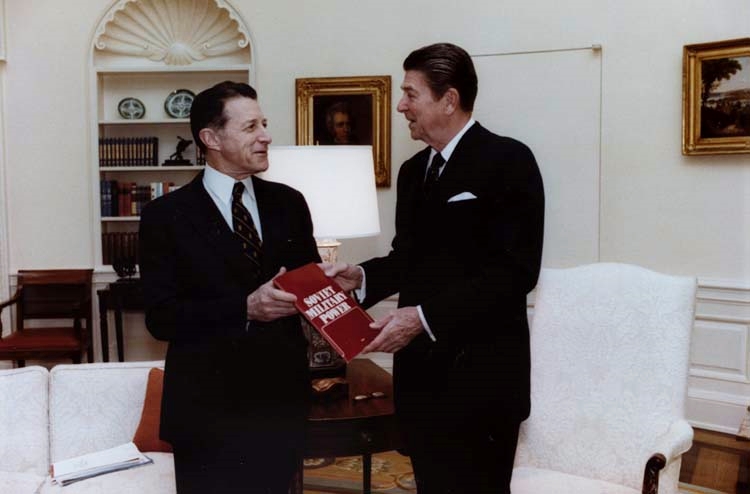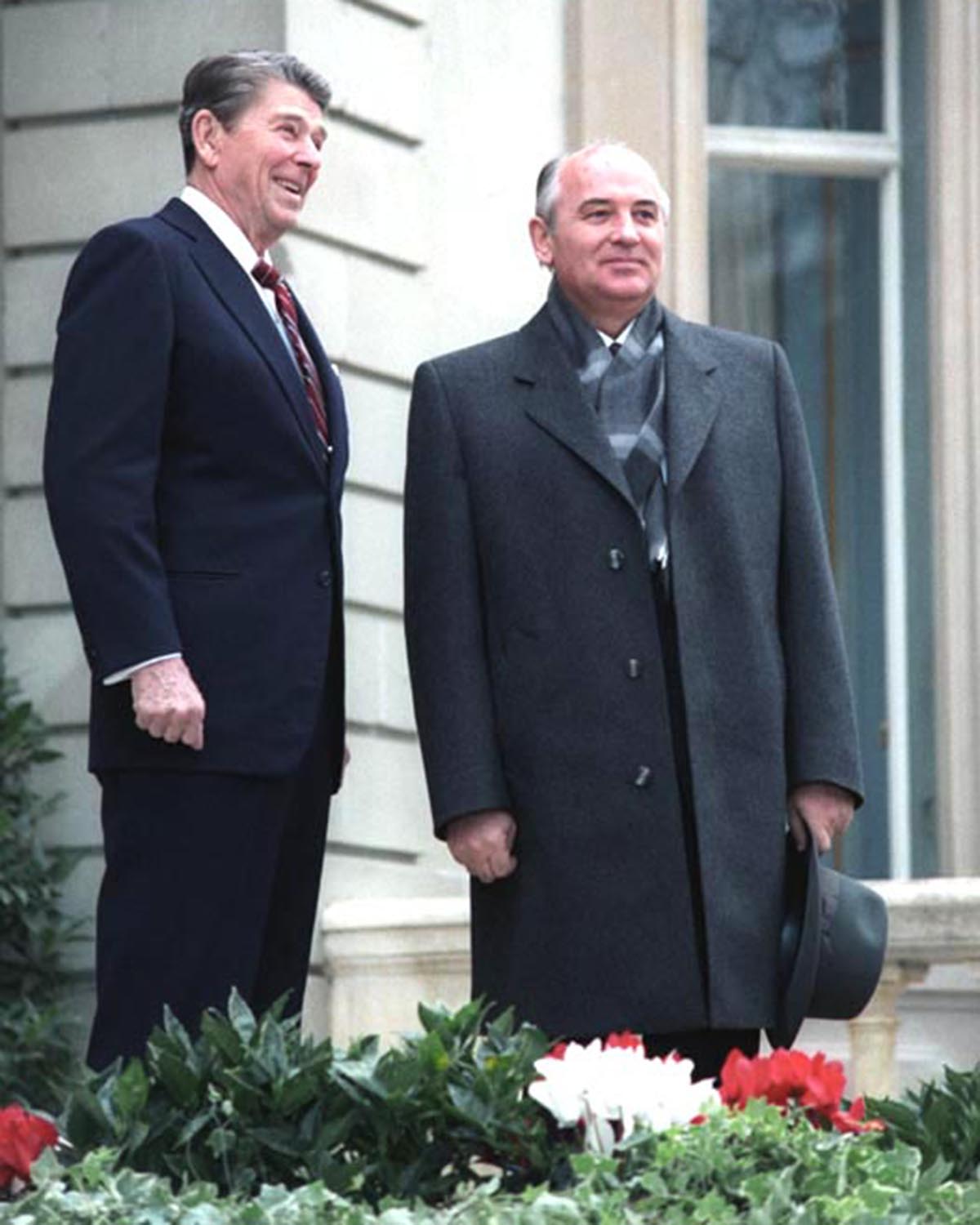Authors:
Historic Era: Era 10: Contemporary United States (1968 to the present)
Historic Theme:
Subject:
Winter 2020 | Volume 64, Issue 1


Authors:
Historic Era: Era 10: Contemporary United States (1968 to the present)
Historic Theme:
Subject:
Winter 2020 | Volume 64, Issue 1
The Soviet Union was erased from world maps not because of a reform process or a series of diplomatic arrangements. It simply could not sustain itself. Historians will debate for decades, perhaps centuries, which factors weighed most on the Soviet system. Was it the bankruptcy of State ideology? Was failure preordained because communism was so contrary to human nature? Did the calcified and rusting Soviet economy finally bear such a burden that it imploded, much like a weak roof collapsing under the burden of heavy snow?
The answer, in short, is all of these explanations and many more. What is clear is that one central, chronic problem for the Kremlin throughout the last decade of its existence was the resource crisis. The Soviet system had been able to limp along quite well until the 1970s. Yes, there were never-ending food shortages and inefficient factories all along. But by the 1980s, these economic difficulties became intractable. It was Mikhail Gorbachev’s attempt to confront this fundamental problem that ushered in perestroika and glasnost. Absent this systemic crisis, Gorbachev never would have begun his walk down the path of change.

Some believe that little or no connection can be drawn between American policies in the 1980s and the collapse of the Soviet edifice. As Strobe Talbott put it on the talk show Inside Washington: “The difference from the Kremlin standpoint ... between a conservative Republican administration and a liberal Democratic administration was not that great. The Soviet Union collapsed: the Cold War ended almost overwhelmingly because of internal contradictions or pressures within the Soviet Union and the Soviet system itself. And even if Jimmy Carter had been reelected and been followed by Walter Mondale, something like what we have now seen probably would have happened.”

Former Soviet officials do not share this view. Oleg Kalugin, a former KGB general, says “American policy in the 1980s was a catalyst for the collapse of the Soviet Union.” Yevgenny Novikov, who served on the senior staff of the Soviet Communist Party Central Committee, says that Reagan administration policies “were a major factor in the demise of the Soviet system.” Former Soviet Foreign Minister